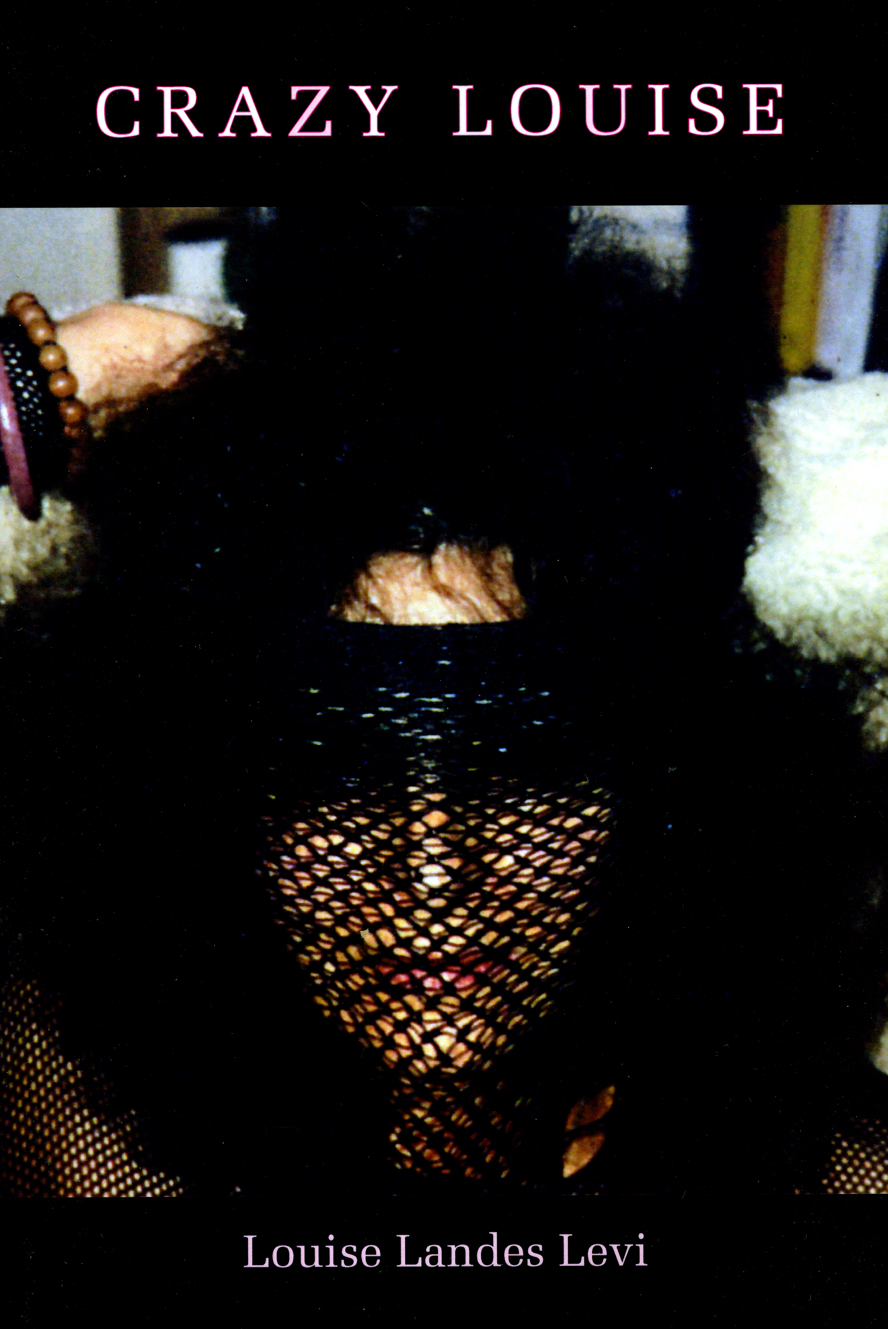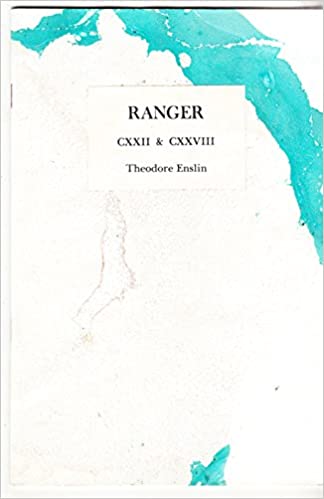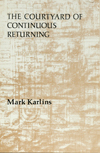Description
Women’s Studies. Louise Landes Levi’s CRAZY LOUISE, OR LA CONVERSAZIONE SACRA is a deliberate departure—both from the formal construction of her previous works & from her focus on early (medieval) forms of feminine process & liberation (Sweet on My Lips: the Love Poems of Mira Bai). Here Levi works close to home, a personal often fragmented process—she details & deconstructs conventions relating to maternal instinct—to hierarchical lineage & to the suffering of female perceptual process—within the patriarchal construct unable to recognize it. Behind apparent “madness,” the madness of genocide, of illegitimate (domestic) & legitimate (state sponsored) torture. (Craze: 1570s, “diseased, sickly,” from craze + y. Meaning “full of cracks or flaws” from 1580s; that “of unsound mind, or behaving as so” et. al). The intent in this linguistic cacophony: to transcend. Levi writes, as an “initiate” invoking oriental schools of “crazy” (unconventional) wisdom to contain the debilitating, socially invasive use of this same term “crazy” in our occidental world, especially with relation to women. A close view of sexual trauma, a reading & rewriting of the body, political & personal, this book in an introduction, indeed an unveiling as the cover portrait by Ira Cohen, suggests. The author writes, “Ira knew how to look—he cld. prophesize through the lens. He knew I wld. one day unveil myself. Dear Reader, you certainly cannot tell a book by its cover—if you could these pages wld. be written in gold.” The text—a series of untitled poems—is comprised of writings ca. 1992-2002. The author conceived of this title & this cover for 10 years, finally putting the text together, on Christmas Day, 2010, three days after the death of poet Janine Pommy Vega, who had asked her to do so. The text, spontaneously assembled, proved to be inalterable.





